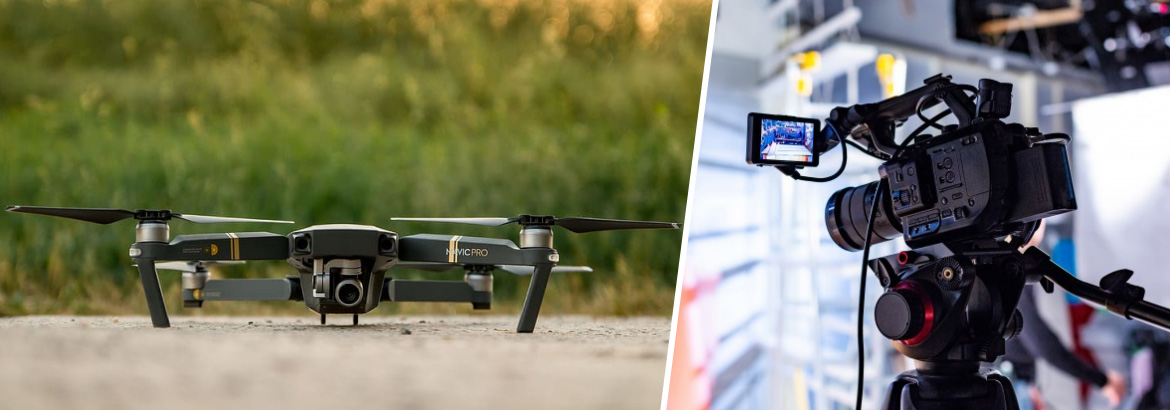COVID-19 has forced many content providers and sports media to shift from on-site to remote production. While the transition has had an impact on production teams and consumers alike, it may not all be gloom and doom. We take a look at a new report by SportsPro.
Live productions have typically been a costly and labour-intensive endeavour, and even before COVID-19 the proportion of remote production in relation to on-site production was on the up. However, COVID-19 has accelerated the speed at which production and media companies have adapted.
This may not be a bad thing, according to a new report “Remote revolution - COVID-19 and the future of sports production” by SportsPro, a UK-based sports media and consultancy. According to the report, recent years’ advances in IP-based and cloud technologies have made virtually every aspect of the production workflow - from the capture and production of live footage to media asset management, transcoding, video playback and graphic insertion - manageable remotely without the need for cumbersome equipment and hardware, large teams of production staff, and significant upfront investment.
The report identifies five major benefits of remote production, including saving time, money and lessening the impact on the planet; enhancing operational efficiencies; increasing output; reducing latency; and the ability to re-invest in content by funneling money and resources saved on remote production into creative innovation.
Of course remote production is nothing new. According to the report, BBC for example has implemented remote production for its Olympic Games coverage since Vancouver 2010, while commercial free-to-air network ITV first went remote for soccer's 2014 FIFA World Cup in Brazil. However, COVID-19 has forced many sports media to reassess the way they work and invest in innovation. According to the report, as live events gradually resume in some parts of the world, it is becoming clear that the disruption will have long-term consequences for the content supply chain. In fact, 59.8 percent of media companies say spending on remote production is rising in the wake of COVID-19, according to the report, citing data from IABM Media Technology Impact Index 2020.
The report also points to the impact of 5G in driving remote production. Back in November 2018, UK pay-TV broadcaster BT Sport and EE teamed up to deliver the world’s first live sporting event using a 5G network, and the pair have since completed further 5G-enabled remote production trials at British soccer venues, according to the report.
The Sponsorship Experts work together with a number of specialists in content creation and also offer a popular engagement and activation service for rights holders and brands looking to explore new ways of working and maximising sponsorship marketing. For more information, click here.
Paul Poole (South East Asia) Co., Ltd. is an independent marketing consultancy based in Bangkok, Thailand specialising in commercial sponsorship and partnership marketing, working with both rights holders and brands - acting as a catalyst by bringing them together and maximising the relationship.
We have packaged, sold and managed sponsorship and partnership opportunities for a wide range of rights holders and worked with many of the world’s leading brands to source and engage the right sponsorships and partnerships for them to maximise.




















